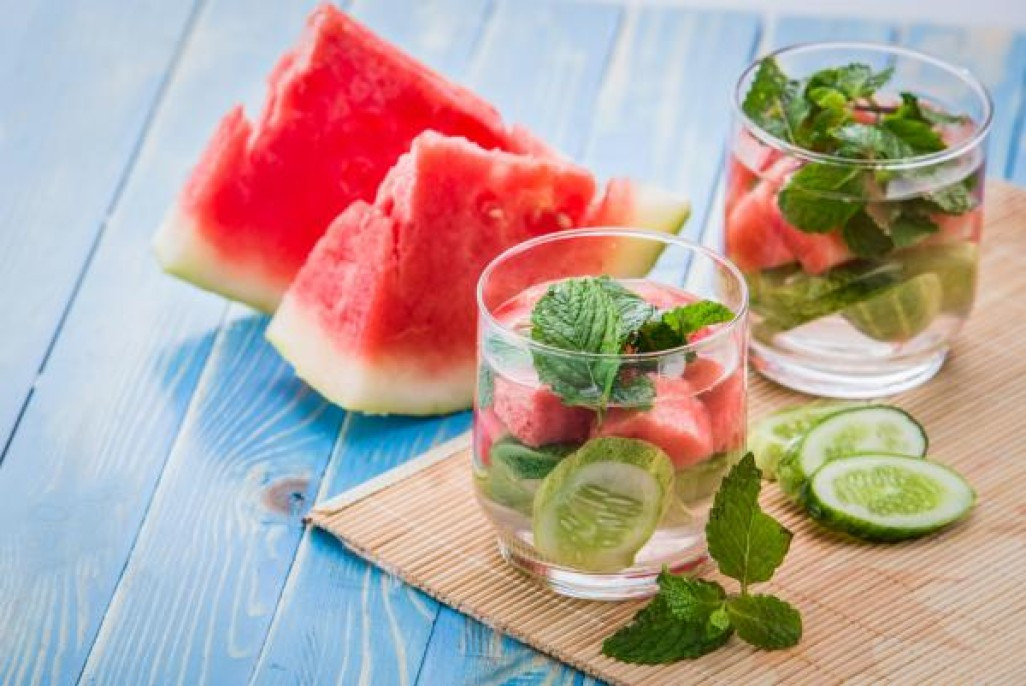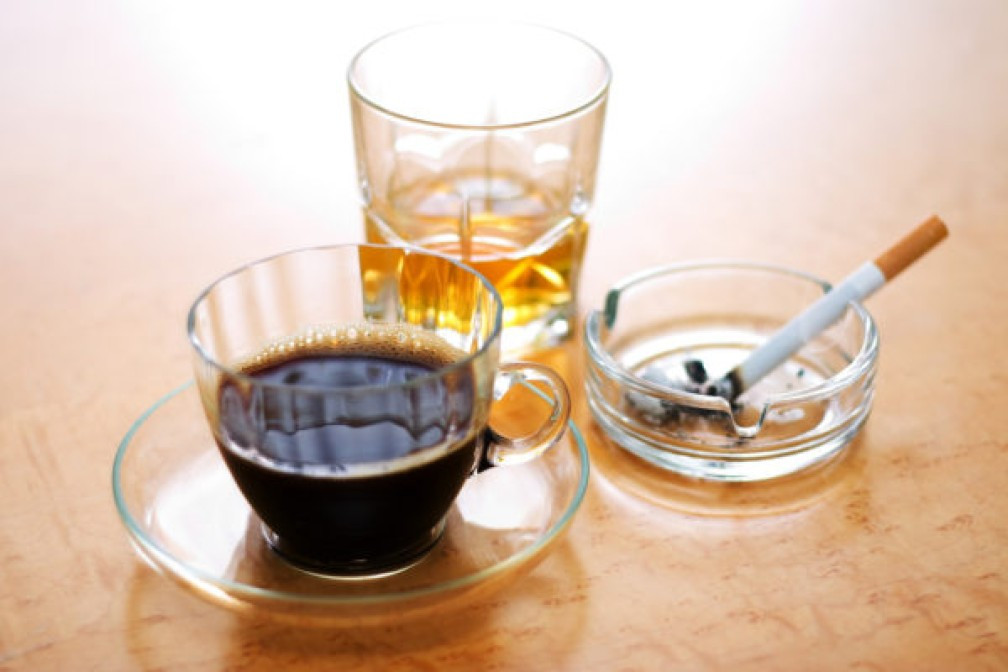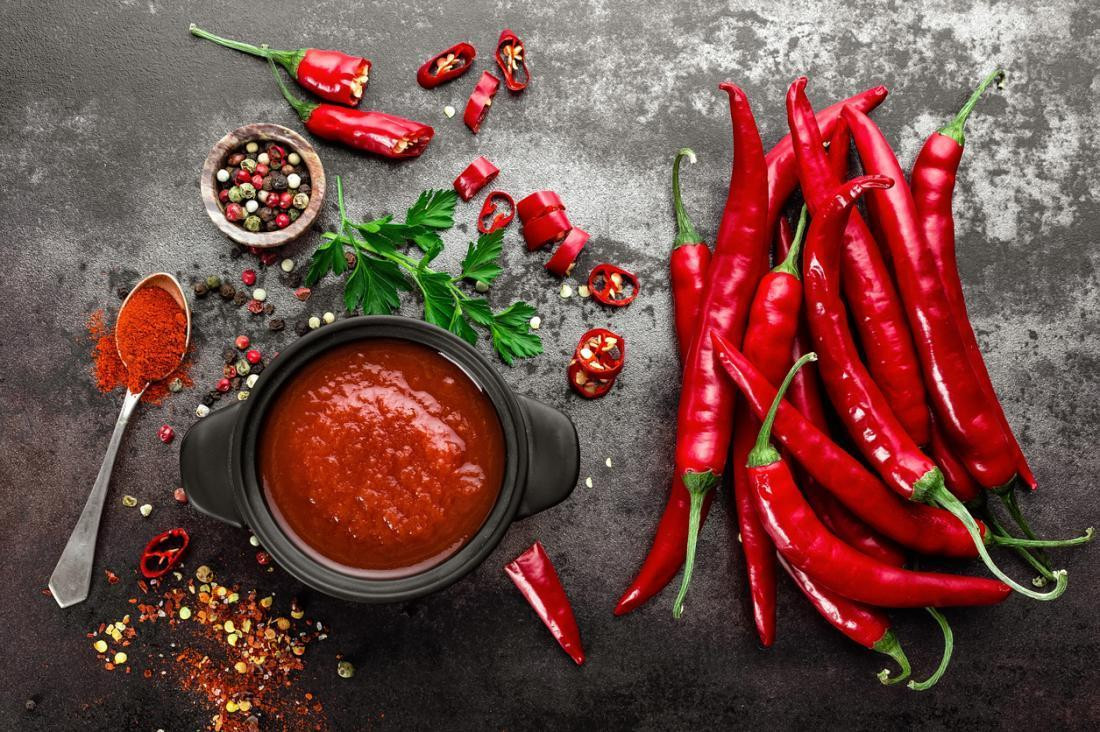

How to Avoid Dehydration in Ramadan
Tuesday 12th of May 2020
How to Avoid Dehydration in Ramadan
During the month of Ramadan, Muslims fast for over 13 hours daily, for 30 days. This means that you stay without any food or drink intake during this period, including water. Often people find it hard to make it through the day since they start feeling thirsty. It turns out that what you have after you break your fast and also what you wear can have a big impact on this.
1. Avoid drinks containing caffeine

Any caffeinated drink including coffee and tea, which is a diuretic, will leave you thirsty as it makes you urinate frequently. Moreover, caffeine also speeds up dehydration in the body. So, more the intake of coffee and tea, the more dehydrated you will feel. When breaking your fast, it is most recommended to have fresh and healthy drinks.
2. The right clothes

It is important that you don’t feel too warm and sweaty, especially since Maldives is very sunny most of the times. The color of your shirt, the fabric of your pants, and the layers of clothes all play an important role in keeping your body temperature as low as possible. Black is one of the colors that should be avoided as it tends to attract the heat and lock it close to your body. For material, a loose cotton t-shirt can be very helpful.
3. Avoid excessive use of spices and salt

Even though you crave foods that are full of flavours and spices, having these during iftar increases the body’s need for water. You get thirsty after eating salt because sodium helps to balance fluid inside the body's cells. When you consume salty foods, water is drawn out of your cells, triggering thirst.
4. Less sweets

It is hard to retrain yourself from having so much of that delicious desserts, so it is advised to prepare less sugary foods for iftar. Research has shown that eating sweets increases thirst as they contain large amounts of sugar. So, eat fruits instead that provide your body with fluids and quench your thirst.